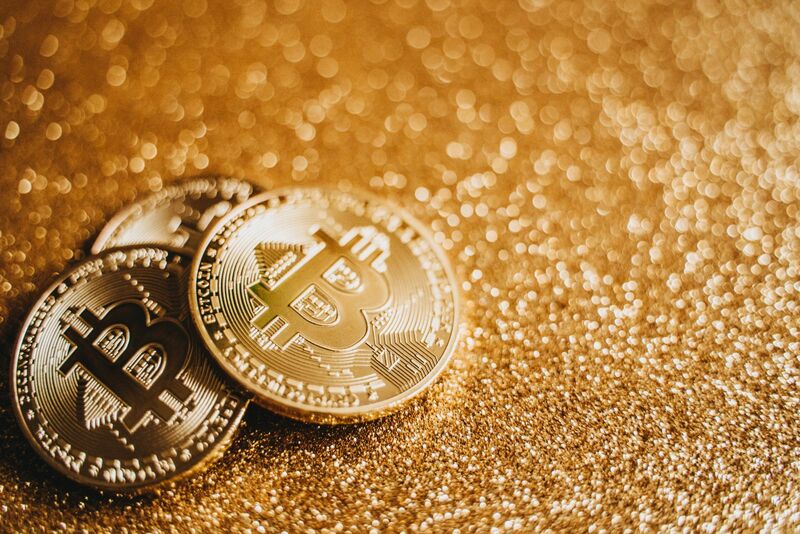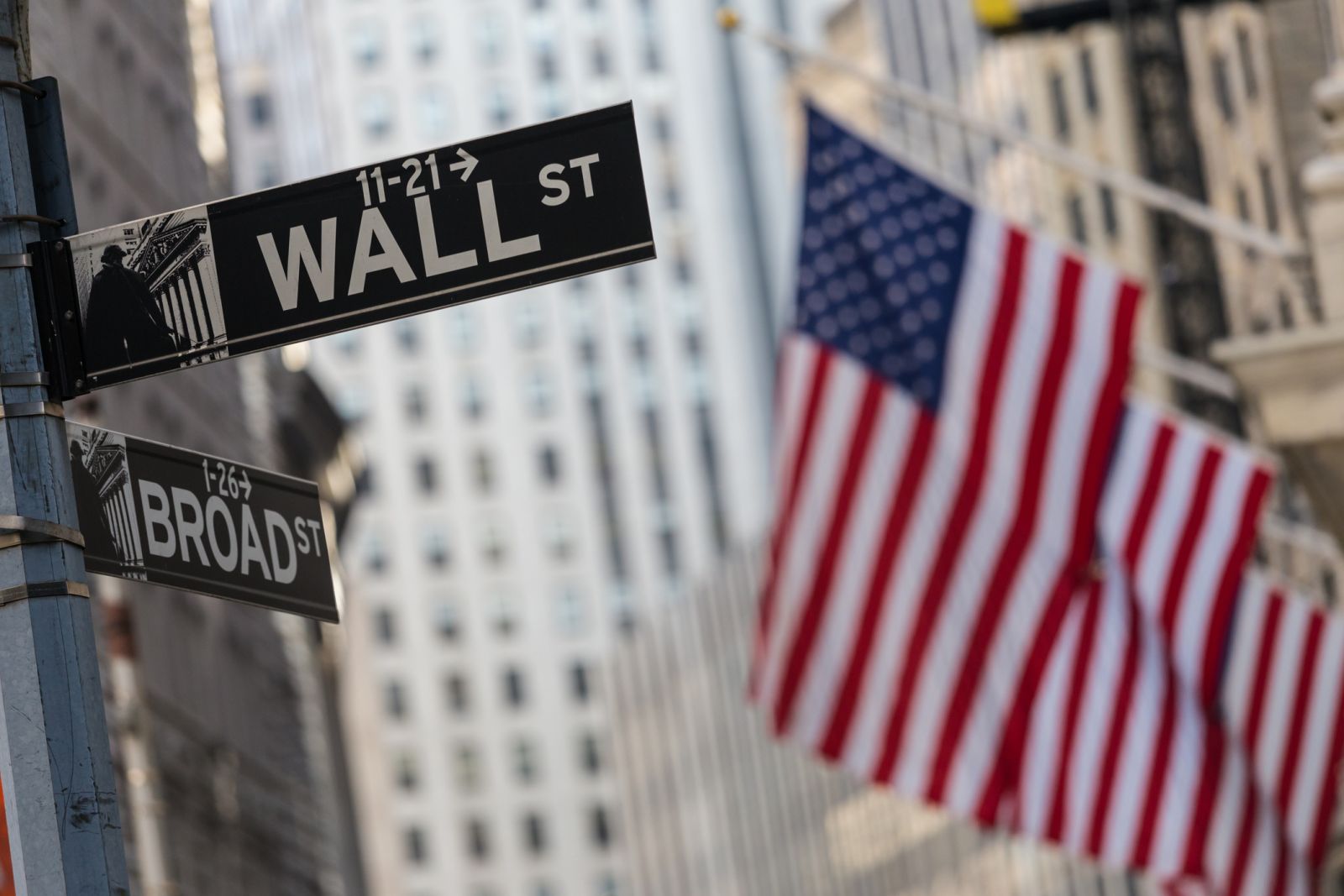
This is sponsored content. Barchart is not endorsing the websites or products set forth below.
The legality of Bitcoin has now become a more controversial issue. And this was not the case when Satoshi Nakamoto launched Bitcoin. Back then, it was little known, and governments and other entities were either unaware of it or just ignored it. But with the growing popularity and use, there has been a surge in interest in Bitcoin's legal status and other cryptocurrencies.
El Salvador shocked the world when it became the first country to accept Bitcoin as a legal tender. Such a drastic move shows that people can take Bitcoin as legal in certain countries while not enjoying similar treatment in other countries. For instance, Bitcoin is illegal in China after the May 2021 ban on cryptocurrencies.
Before discussing the legality of Bitcoin, you can visit Bitcoin 360 AI to learn more about trading in different assets, including crypto and traditional investments like stocks. It is free and easy to register on the trading platform.
What Makes Bitcoin Legal?
Just like fiat currency, the legality of Bitcoin depends on government regulation. The government regulates fiat currency like the US dollar making it legal tender. You can use the US dollar to make payments around the country. Moreover, since it is a legal tender, you can use it in other countries with some limitations.
Bitcoin is a whole different story. To begin with, no government controls or regulates Bitcoin. That's because Bitcoin's basis is decentralized blockchain technology. Without government ownership or regulation, the legality of Bitcoin becomes a more complex issue. How can government then regulate it without controlling it?
Bitcoin is also universal. No government or country owns it. In other words, Bitcoin is not a national currency. So, how should different countries and governments regulate it? Here again, countries find themselves at a crossroads. Some countries have already accepted Bitcoin as a legal tender. That makes it legal in those countries. But it does not make them legal in other countries.
Legal Status of Bitcoin
We can only determine whether Bitcoin is legal by examining how each country treats it. A country like El Salvador considers Bitcoin legal tender and hence legal. The US does not consider Bitcoin a legal tender, although it is not illegal. And this explains why the country does not consider using Bitcoin illegal.
However, Bitcoin is illegal in some other countries. Some good examples include China, Indonesia, Algeria, Ghana, and Nepal. These countries outlaw Bitcoin, and the government has banned it entirely or does not allow citizens to use it as a payment means. Each country adopts its regulations to this effect.
Important Issues
Bitcoin and other crypto's legality are not universal. For example, we can conclude that Bitcoin is legal or illegal because different countries have different regulations. Even though global financial institutions like Word Bank and IMF have international jurisdiction, they cannot regulate Bitcoin because of its decentralized and complex nature.
Another issue worth considering is what and where to regulate Bitcoin. Bitcoin is not just a digital currency. It also involves other aspects, like mining, that are difficult to understand. Regulators do not know whether to regulate Bitcoin as a means of payment or target its mining element.
Conclusion
It's not easy to say whether Bitcoin is legal or illegal because it takes on different states in different countries. While it's legal in some countries, it is illegal in others. Yet, in some other countries, Bitcoin use is permitted, although it is not legal tender. The nature of Bitcoin makes it more challenging to regulate and decide its legal status.
On the date of publication, Barchart Reach did not have (either directly or indirectly) positions in any of the securities mentioned in this article. All information and data in this article is solely for informational purposes.


/Advanced%20Micro%20Devices%20Inc_%20logo%20on%20phone%20and%20website-by%20T_Schneider%20via%20Shutterstock.jpg)
/Advanced%20Micro%20Devices%20Inc_%20office%20sign-by%20Poetra_RH%20via%20Shutterstock.jpg)

